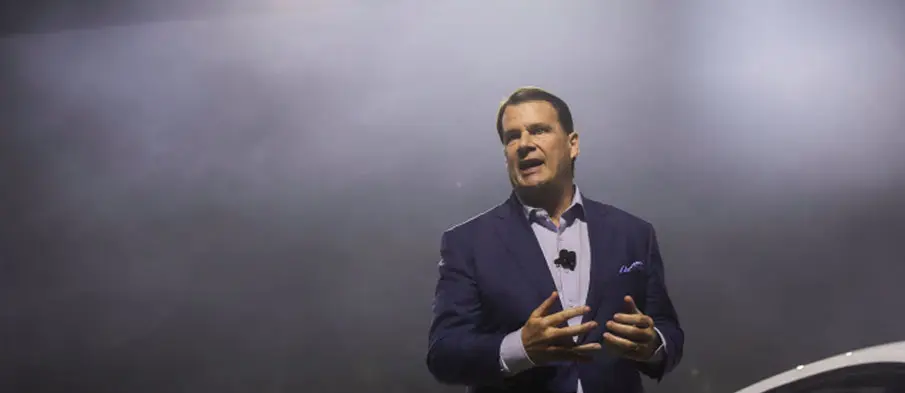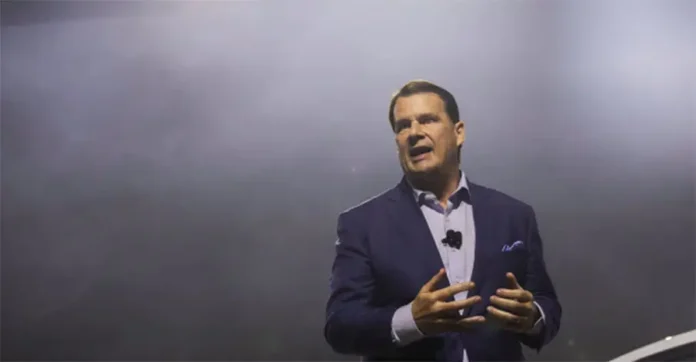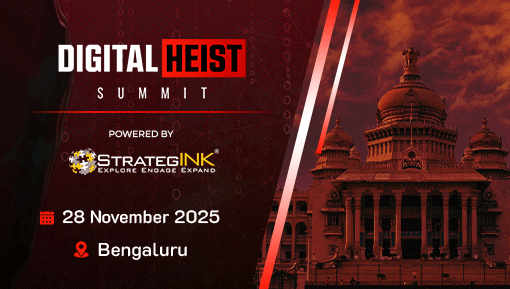
Artificial intelligence is rapidly reshaping the workplace, and for many industry leaders, the implications are both transformative and alarming. Ford Motor Company CEO Jim Farley has added his voice to a growing chorus of executives who believe AI will significantly disrupt white-collar employment across the U.S.
Speaking at the Aspen Ideas Festival during a conversation with author Walter Isaacson, Farley made a bold prediction: “Artificial intelligence is going to replace literally half of all white-collar workers in the US.” He added, “AI will leave a lot of white-collar people behind.”
Farley’s remarks come at a time when AI’s role in the workplace is under intense scrutiny. Unlike many leaders who present a more cautious view, Farley delivered his warning bluntly, emphasizing the looming reality that AI is evolving from a productivity tool into a widespread job eliminator. Administrative, managerial, and technical positions in sectors like finance, law, healthcare, and technology are especially vulnerable.
This perspective is increasingly shared among top executives across industries. In May, Marianne Lake, head of JPMorgan Chase’s consumer and community banking division, told investors the bank anticipates a 10% reduction in operations staff due to AI. Similarly, Amazon CEO Andy Jassy described AI as a “once-in-a-lifetime” technology, saying, “We will need fewer people doing some of the jobs that are being done today,” in a June memo.
Dario Amodei, CEO of AI startup Anthropic, echoed these concerns, warning in a May interview that up to half of all entry-level jobs could vanish within one to five years. This could lead to a U.S. unemployment rate of 10–20%, he said, adding, “We need to stop sugarcoating the situation.”
However, not all voices predict a bleak future. OpenAI CEO Sam Altman takes a more balanced view, acknowledging both disruption and opportunity. “AI is for sure going to change a lot of jobs,” he told Bloomberg, but noted that the transition will come in phases: “AI will totally take some jobs away and create a bunch of new ones.”
As AI accelerates, the debate continues over whether it will merely change the workforce—or fundamentally redefine it.





